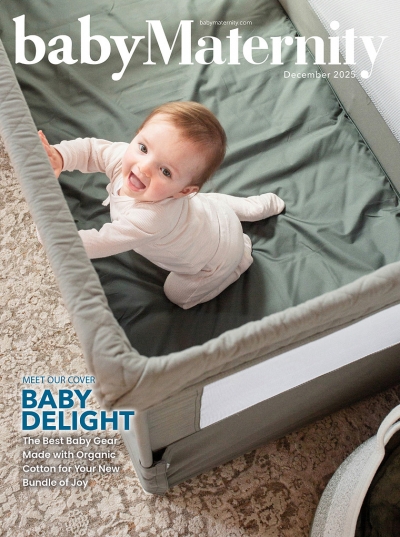Hiring a Doula or Midwife to Enhance Your Birth Experience

Giving birth need not be a one-woman act! In fact, the supporting cast you choose can be key to determining the ultimate quality of your birth experience.
In a modern take on an age-old practice, many moms-to-be are bolstering those support systems with the services of midwives and doulas. Read on for more parenting info on whether you should choose a midwife or doula.
Birth workers can assist to varying degree at every kind of birth, from planned (or unplanned) cesarean section or hospital birth to home birth. But what can these workers provide that doctors or nurses might not?
What a Doula or Midwife Does.
One adage holds that a doula works on a mom-to-be from the waist-up, while a midwife works from the waist-down.
Both midwives and doulas take their cue from the instincts of laboring mothers and view birth as a natural event and not a medical emergency, according to certified doula Michele Peterson of District Doulas in Washington, D.C.
"Most of us think birth is normal and natural and that it's a process, and we let the woman choose her path," explains Peterson.
A midwife, however, is a medical provider. In fact, nurse midwives can do everything an OB doctor does except perform surgery. Women can hire homebirth midwifes to assist at non-hospital births, and some hospitals even staff in-house nurse midwives.
The term "doula" derives from ancient Greek for "a woman who serves," and these advocates guide moms (and partners) through pregnancy and labor with practical, emotional and physical support.
A doula's focus, says Peterson, "is to really help you ask the right questions and help you get the information you need to make informed decisions throughout the process."
The relationship between a birth worker and a mother doesn't begin and end at delivery. Before birth, workers may become intimately acquainted with expecting parents' hopes, fears and wishes. After labor, they're often on hand to assist with recovery, breastfeeding and emotional adjustment.
Related Article: Finding the Right Midwife or Doula
A Word on Credentials and Philosophy.
Not all midwives and doulas are created alike; philosophies and credentials can vary greatly. Most midwives are either CPMs (Certified Professional Midwives), who earn creds through online training and lengthy apprenticeship, or CNMs (Certified Nurse Midwives), who've additionally completed traditional nursing certifications. (Not all states recognize CPM credentials). Many doulas have credentials from a certifying doula organization, but because they aren't medical providers, certification isn't required.
Some midwives take a more medical approach, while others favor natural methods. Some doulas are very hands-on and offer services such as massage and photography, while others function as quiet, sturdy supports.
Related Article: 10 Tips on Writing Your Birth Plan
How You and Your Baby Could Benefit.
The benefits are well documented, according to Peterson: "Just having someone present really does reduce cesarean rates, increase breast feeding, increase how mom feels about her birth and decreases need for intervention."
A midwife or doula can also offer a measure of constancy difficult to find in traditional OB wards. Doctors and nurses tend to many patients at once and might go off-shift, Peterson explains, while a doula or homebirth midwife will accompany mom on her birth journey from start to finish.
Find out more.
District Doulas: http://www.districtdoulas.com
DONA International: http://www.dona.org
Midwives Alliance North America: http://mana.org
American College of Nurse-Midwives: http://www.midwife.org
Michele Peterson, ICD, CD(DONA) with her two sons, Liam and Caleb (Photo by Skye Houghton/Skye Fine Art Photographic)













